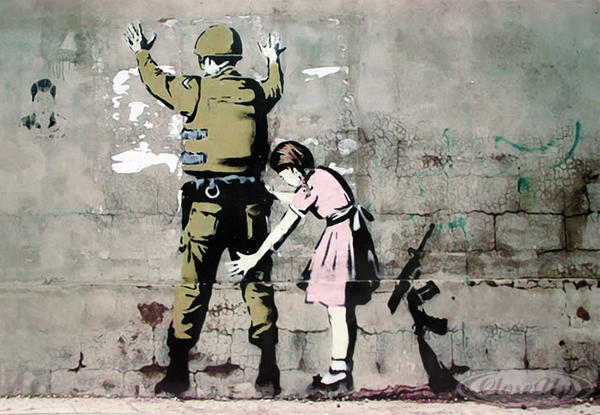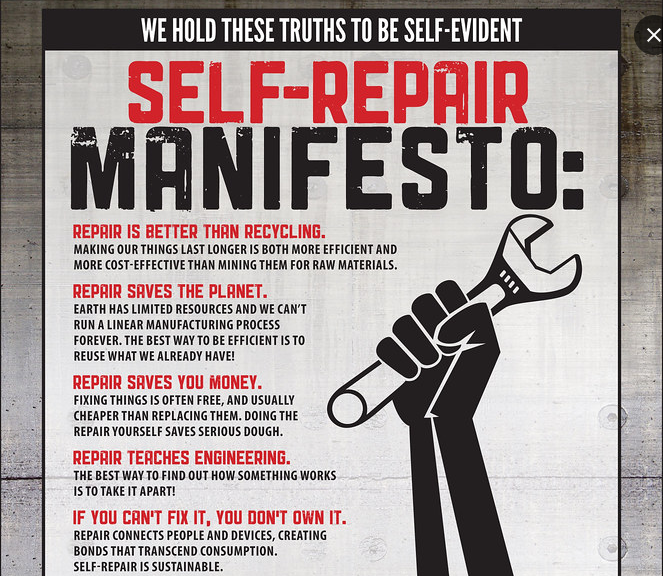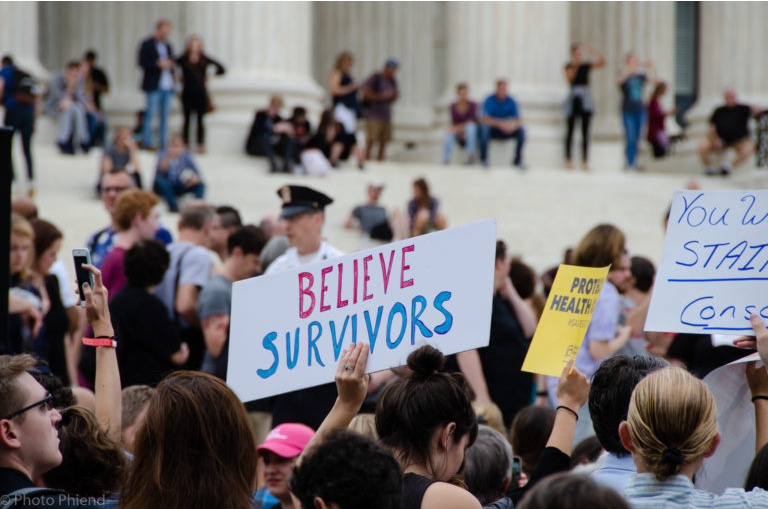


Creating Illusion. Spotlight on the Production Designers
11 April 2018
God is not dead. He’s in politics
11 April 2018How can one understand, interpret and explain international mediation? Is it possible to distinguish different forms of international mediation in the violent political conflicts of the post-Cold War era? Milena Dieckhoff’s thesis seeks to answer these basic questions by combining theoretical reflections and case-study analyses. More specifically, she has studied eight conflicts in which various mediators became involved and various mediations occurred – in Africa: Mozambique (FRELIMO/RENAMO conflict), Sudan (South Sudan) and Kenya (2007 elections); in Asia: Sri Lanka (government/LTTE) and Indonesia (government/GAM); in the Middle East: Israel-Palestine; in Central America: Guatemala (government/URNG); in Europe: Georgia (Russia/Georgia).
Milena’s thesis, which was supervised by Guillaume Devin and defended in 2016, received the Aguirre-Basualdo prize in law and political science awarded by the Chancellery of the Universities of Paris. She went over her research with us: (choose subtitles in english).
Long involved in teaching activities (Sciences Po, Lille 2 University, Paris-Sud University), Milena is currently a substitute professor at the University of Namur (Belgium) and associate researcher at Sciences Po’s Center for International Studies and Research (CERI). Interview (in French).
To learn more:
- View the thesis on “Mediation or mediations? Typology of a peacemaking activity in violent political conflicts in the post Cold War era” at Sciences Po’s library
- « International Mediation : A Specific Diplomatic Tool For Emerging Countries ? » (pdf), European Review of International Studies, vol.1, n°2, 2014



